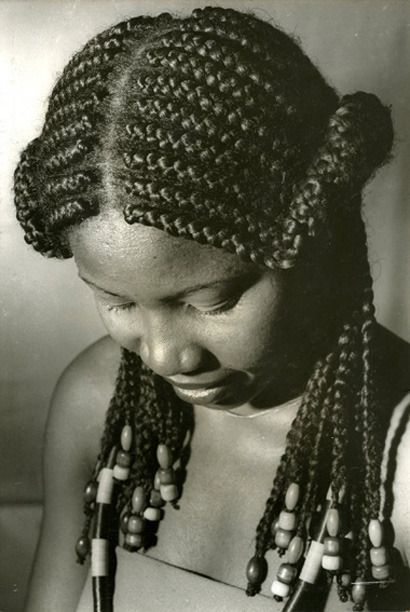
Hairstyles are more than just a fashion statement; they reflect cultural identity, social status, and personal expression. In Nigeria, hairstyles have evolved significantly over the decades, influenced by traditional practices, colonial history, global trends, and contemporary innovations.
Let’s explore the fascinating history of Nigerian hairstyles, highlighting key styles and their cultural significance from the past to the present.
Traditional Hairstyles: Roots of Identity
Cornrows and Braids
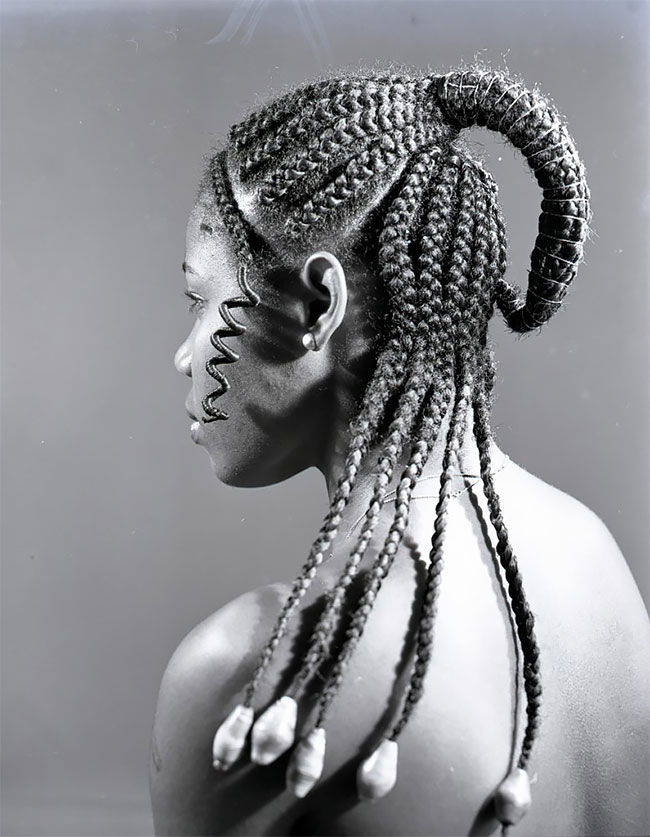
Cornrows and braids are among the most ancient and enduring hairstyles in Nigeria. Traditionally, these styles were not just about aesthetics but also served practical purposes and conveyed social messages. Intricate patterns could indicate marital status, age, religion, or tribal affiliation. For instance, in some Yoruba communities, young girls wore their hair in specific braids that symbolised their journey to womanhood.
Read: Thursday Throwback: Activities We Loved Growing Up in Nigeria
Threading
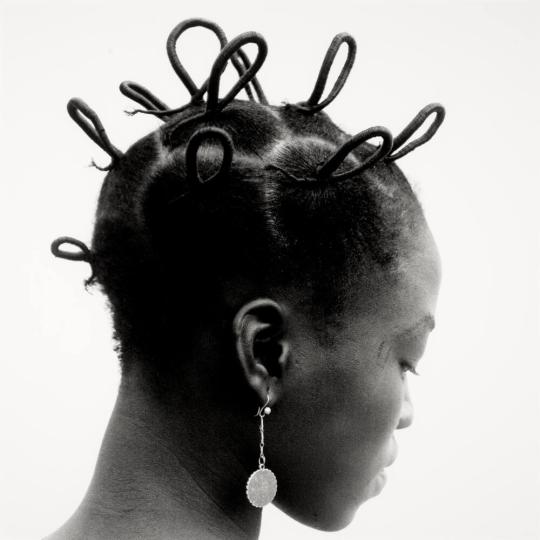
Threading, known locally as “Kiko,” involves wrapping sections of hair with black thread to create elaborate shapes and designs. This method provided a distinct look and helped protect hair from breakage and dryness. Threading was especially popular among the Yoruba and Igbo people and remains a celebrated cultural practice today.
Colonial Influence: The Western Wave
The S-Curl and Relaxed Hair
The colonial era brought significant changes to Nigerian hairstyles. The introduction of Western beauty standards led many Nigerians to adopt relaxed hair and S-curls, mimicking Europeans’ smooth, straight hair. This period saw a rise in chemical relaxers, which, although damaging over time, were widely popular for achieving sleek, manageable hair.
The Afro
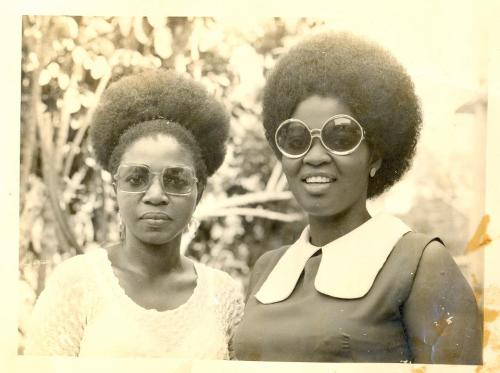
In the late 1960s and 1970s, the Afro symbolised Black pride and resistance against colonial oppression. Inspired by the global Black Power movement, Nigerian men and women embraced their natural hair texture, growing it into voluminous Afros. This era marked a reclaiming of African identity and rejection of Eurocentric beauty standards.
The 80s and 90s: A Fusion of Cultures
Jheri Curls
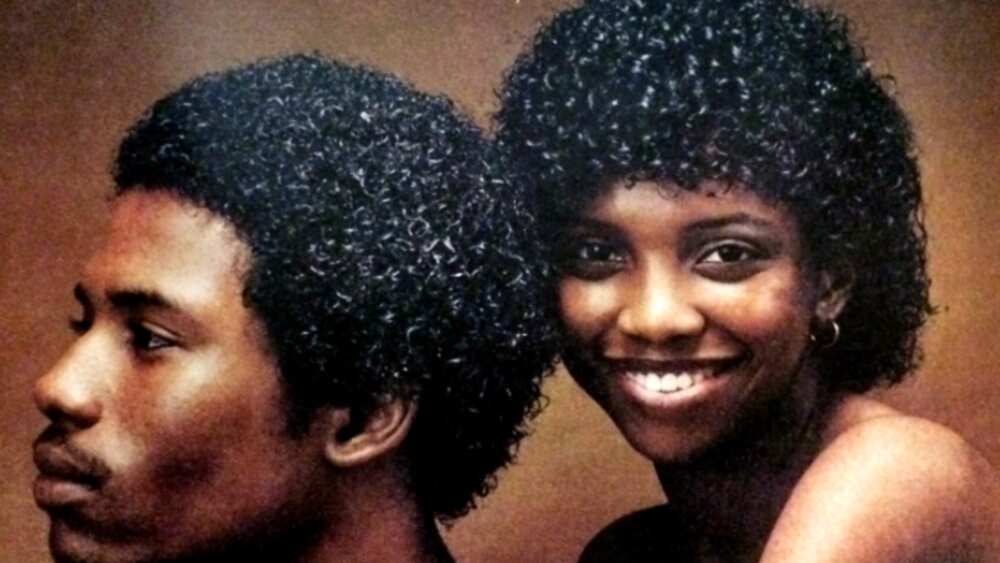
The 1980s saw the rise of Jheri curls, a style characterised by its glossy, loosely curled look. Popularised by celebrities and musicians, Jheri curls were a fusion of Western influence and local creativity. Despite their high maintenance, they became a status symbol and a statement of modernity.
Box Braids and Dreadlocks
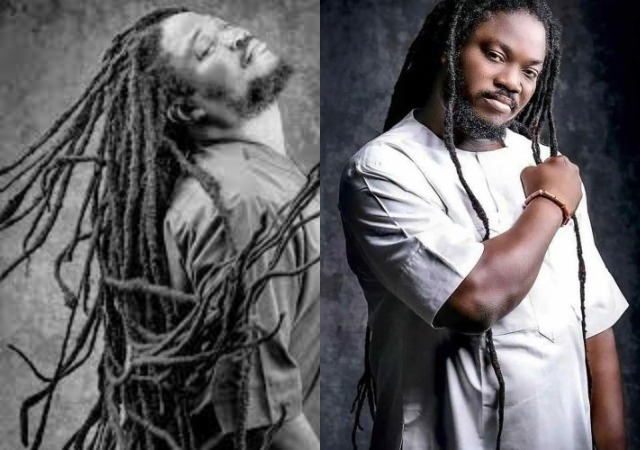
The 90s witnessed a resurgence of braids, with styles like box braids becoming immensely popular. This period also saw the emergence of dreadlocks, influenced by Rastafarian culture and reggae music. Both styles celebrated natural hair and provided versatile options for self-expression.
The 2000s to Present: Innovation and Individuality
Natural Hair Movement
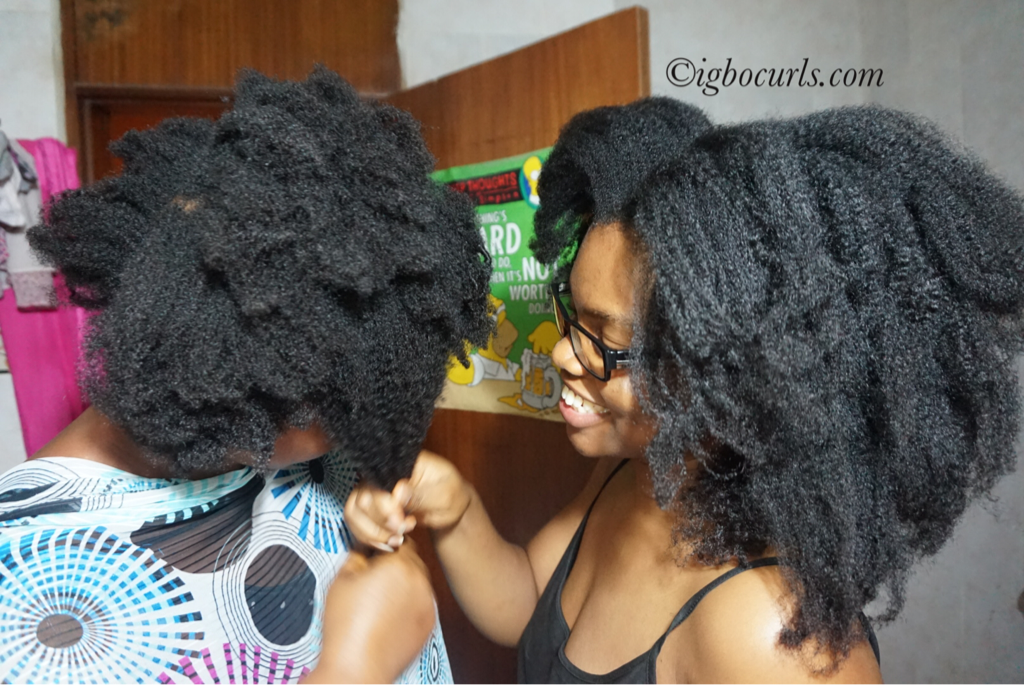
The early 2000s marked the beginning of the natural hair movement, encouraging Nigerians to embrace their natural hair textures. A desire for healthier hair and rejecting damaging chemical treatments drove this shift. Natural hairstyles such as twist-outs, Bantu knots, and afros made a strong comeback, emphasising hair care and maintenance.
Read: Nostalgic Adverts from Our Childhood
Modern Trends: From Weaves to Wigs
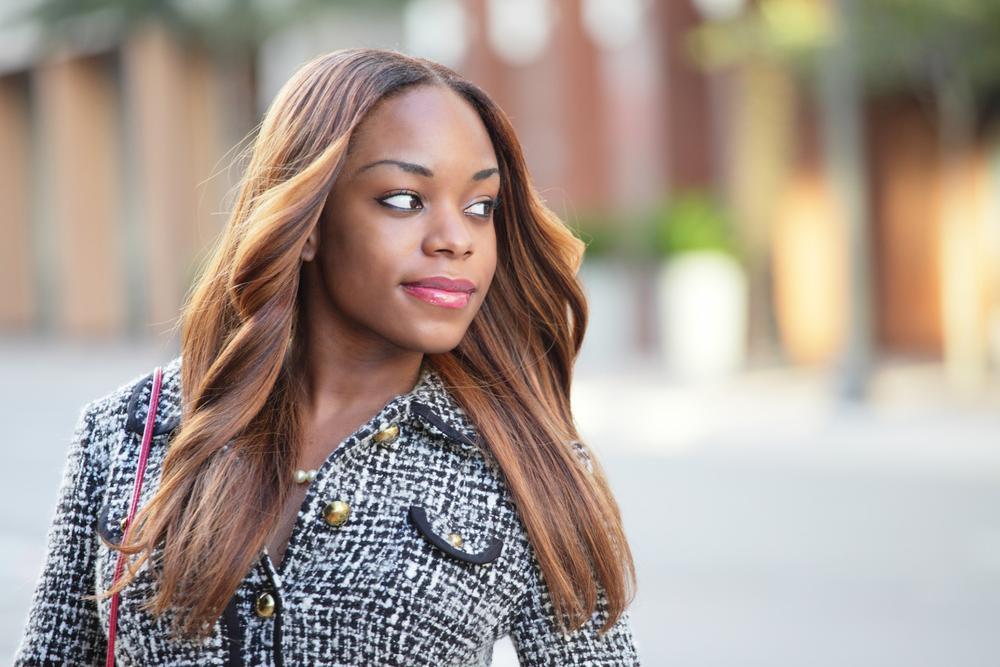
In recent years, the versatility of Nigerian hairstyles has expanded exponentially. Weaves, wigs, and hair extensions have become mainstream, offering endless possibilities for styling. From sleek, straight weaves to curly, voluminous wigs, these options provide convenience and a way to experiment with different looks without altering natural hair.
The Rise of Hair Influencers
Social media has played a crucial role in the evolution of Nigerian hairstyles. Hair influencers and stylists showcase innovative techniques and styles, setting trends and inspiring millions. Platforms like Instagram and YouTube have become hubs for hair tutorials, product reviews, and style inspiration, further fueling the creativity and diversity of Nigerian hairstyles.
The evolution of Nigerian hairstyles is a testament to the country’s rich cultural heritage and ability to adapt and innovate. Nigerian hairstyles reflect a dynamic interplay of history, culture, and personal expression, from traditional braids and threading to contemporary weaves and natural hair movements. As Nigerians continue to celebrate their unique identities through hair, the future promises even more exciting trends and styles.
